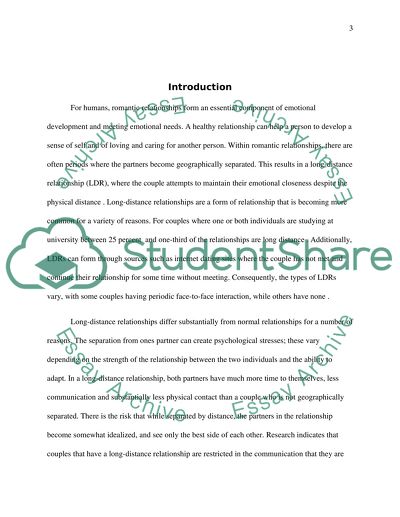Cite this document
(“Are Long-Distance Relationships Successful Research Paper”, n.d.)
Retrieved from https://studentshare.org/social-science/1441575-research-proposal-on-do-long-distance
Retrieved from https://studentshare.org/social-science/1441575-research-proposal-on-do-long-distance
(Are Long-Distance Relationships Successful Research Paper)
https://studentshare.org/social-science/1441575-research-proposal-on-do-long-distance.
https://studentshare.org/social-science/1441575-research-proposal-on-do-long-distance.
“Are Long-Distance Relationships Successful Research Paper”, n.d. https://studentshare.org/social-science/1441575-research-proposal-on-do-long-distance.


